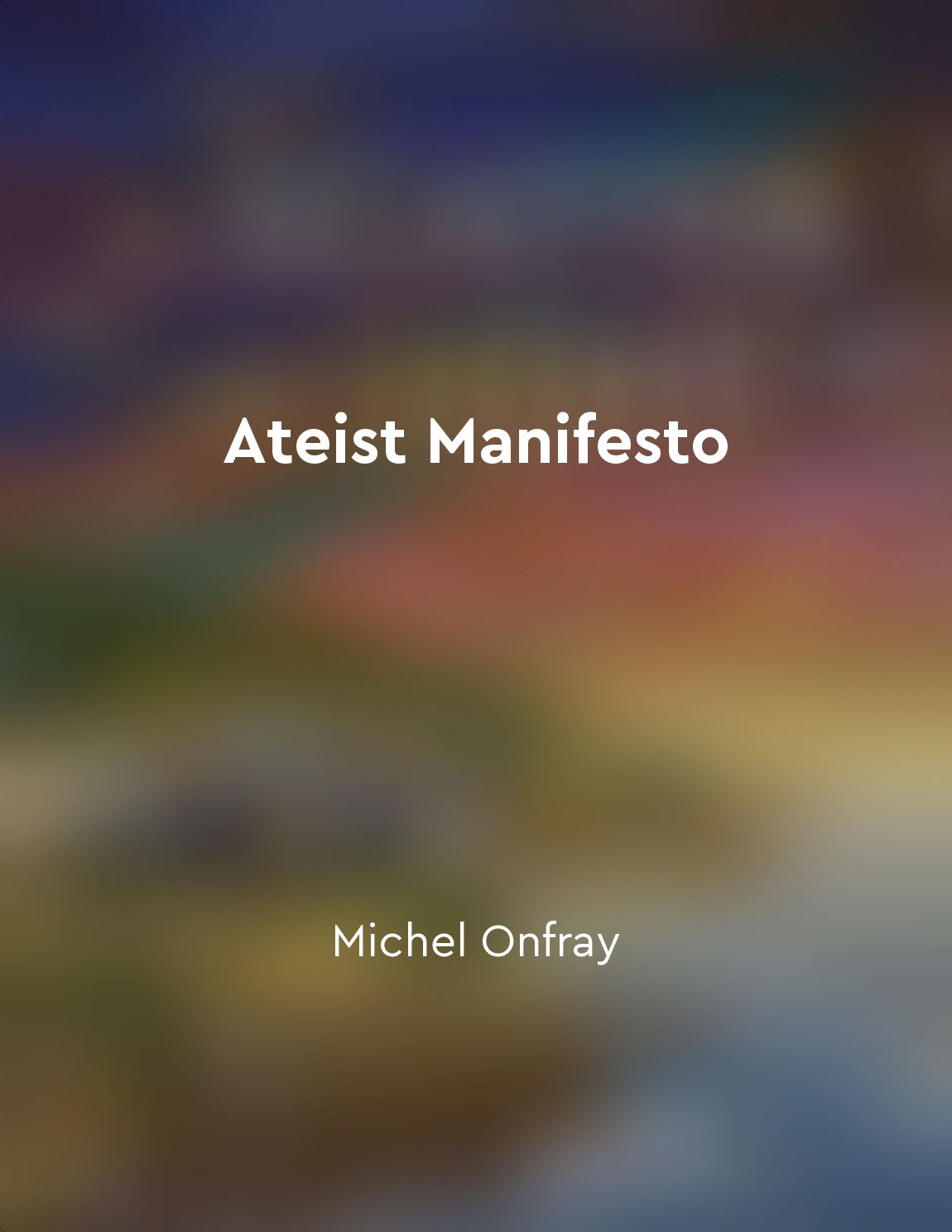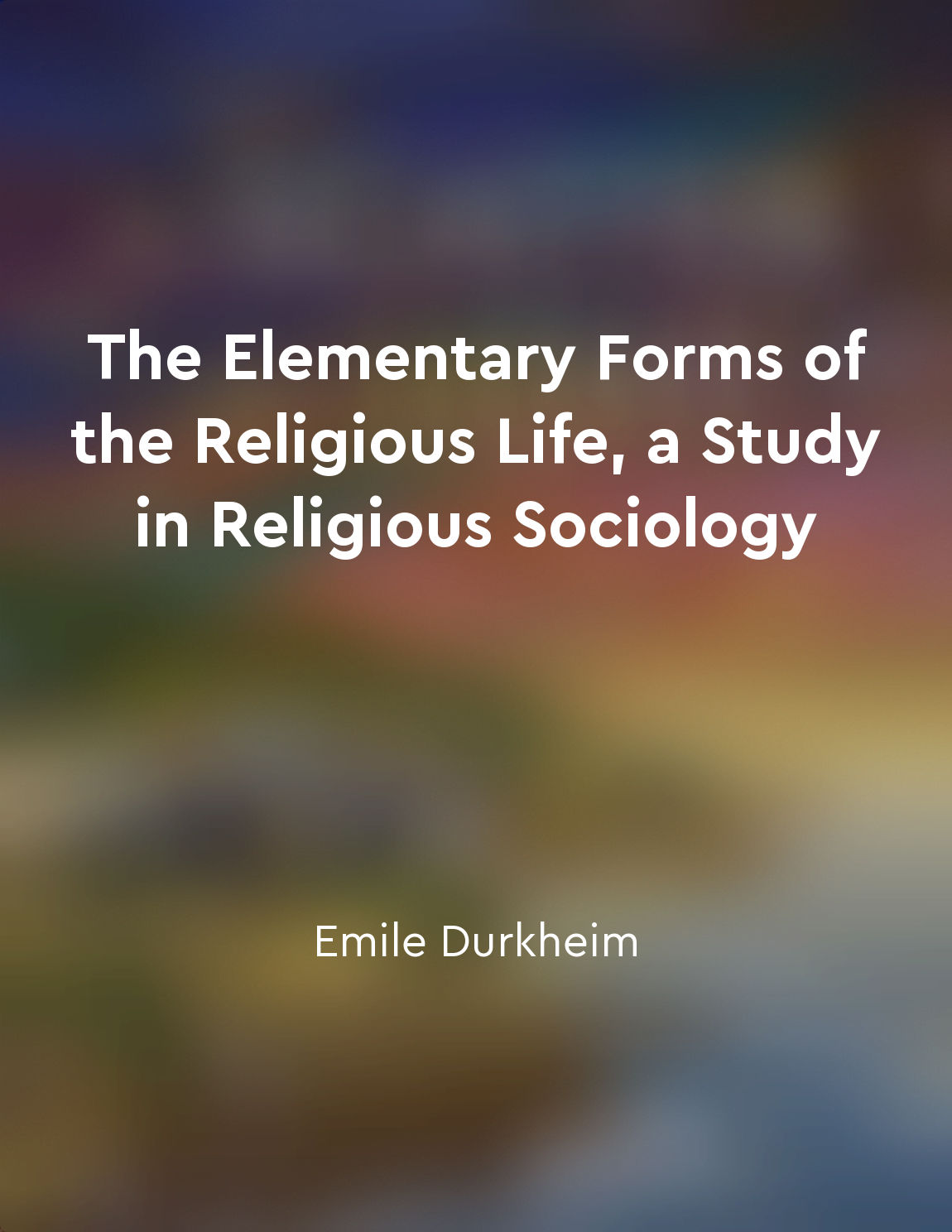Role of culture and religion in shaping political order from "summary" of The Origins of Political Order by Francis Fukuyama
Culture and religion play a crucial role in shaping the political order of a society. Both these factors influence the beliefs, values, norms, and practices of individuals, which in turn impact the way a society is governed. Culture, defined as the shared beliefs and practices of a group of people, provides the foundation for political institutions to emerge. Different societies have their own unique cultures, which shape the political structures and processes within that society. For example, in some cultures, there is a strong emphasis on hierarchy and authority, which can lead to the development of autocratic political systems. Religion also has a significant impact on political order. Many religions provide guidelines for moral behavior and governance, which can influence the laws and policies of a society. For instance, in some religious traditions, there is a separation of church and state, wh...Similar Posts
Stereotypes limit our understanding of individuals
Stereotypes are like blinders that prevent us from truly seeing and understanding individuals. They create a narrow lens throug...
Historical examination situates hadith in its proper context
The proper understanding of hadith requires a thorough historical examination that takes into account the context in which the ...
The allure of forbidden knowledge
The human mind is naturally drawn to what is forbidden. It is a primal instinct that has driven individuals to seek out forbidd...
Culture shapes individuals' identities and behaviors
Culture is not simply a set of customs or traits that individuals passively absorb and exhibit. It is a complex system of symbo...

Life is inherently chaotic and unpredictable
Life is a mystery. It's an enigma wrapped in a paradox, dipped in confusion, and deep-fried in what-the-fuck. We think we have ...

The burden of proof lies with believers, not atheists
Believers in gods must bear the burden of proof. If they believe in a deity, they must provide evidence. It is not the responsi...
Union Territories have a unique administrative setup
Union Territories in India have a distinctive administrative structure that sets them apart from the states. Unlike states, Uni...

The notion of the soul reflects society's beliefs
The soul is a concept that holds great significance in religious thought and practice. It is often seen as the essence of an in...
